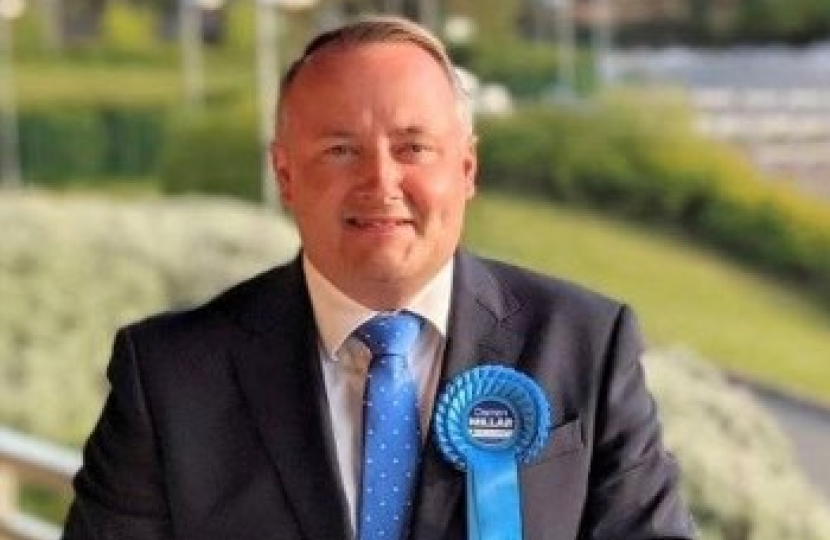
With Conwy County Borough Council considering a 12.45% council tax increase in April, Clwyd West MS Darren Millar has urged the Welsh Government to undertake an independent review of the local government funding formula in Wales which he said “always seems to leave some “North Wales councils worse off than their South Wales counterparts.
Speaking in the Senedd Chamber this week, Darren said residents living in Conwy are very concerned about the proposed hike, which is substantially more that the 5% increase that most councils in England - a real terms cut when taking inflation into account.
Calling for a Statement on the Local Government Funding Formula in the Business Statement, he said:
“Residents in my constituency are very concerned that Conwy County Borough Council has suggested that council tax may have to rise by up to 12.45%, which obviously is in excess of the already very high rate of inflation. That is a matter of great concern to many constituents who are finding it hard to make ends meet due to cost-of-living pressures.
“The funding formula has allowed some local authorities in Wales to stash up hundreds of millions of pounds of reserves, while others have very depleted reserves because they've been having to chop into them on an annual basis because the funding formula is fundamentally flawed and unfair.
“Can we have an update on what the Welsh Government is doing to address this issue? And will the Trefnydd seek to get the agreement of her Cabinet colleague the Minister for finance, and indeed the Minister with responsibility for local government, for an independent review of the funding formula to make sure that there's equitable access to funding for local government across the country?”
Speaking after the meeting, Darren said:
“The Local Government Funding Formula has treated North Wales unfairly for years, with councils here always being worse off that their South Wales counterparts.
“As well as an independent review of the formula, we also need powers to force local referendums if increases of more than 5% are proposed, as is the case in England.”
